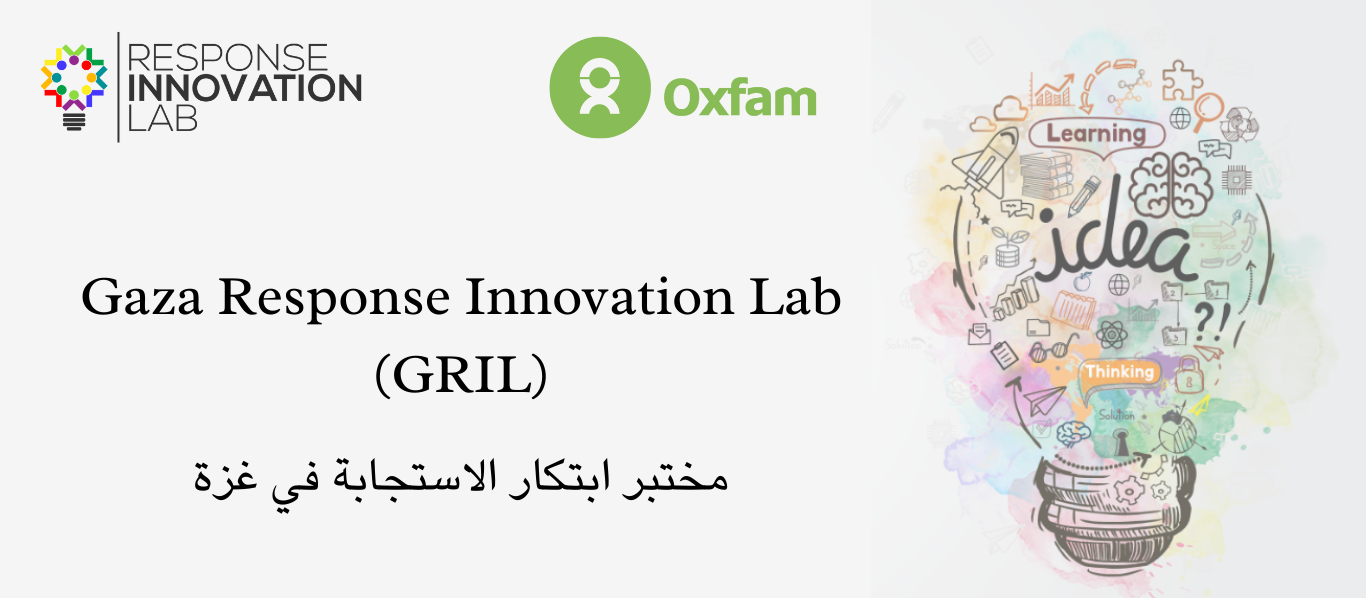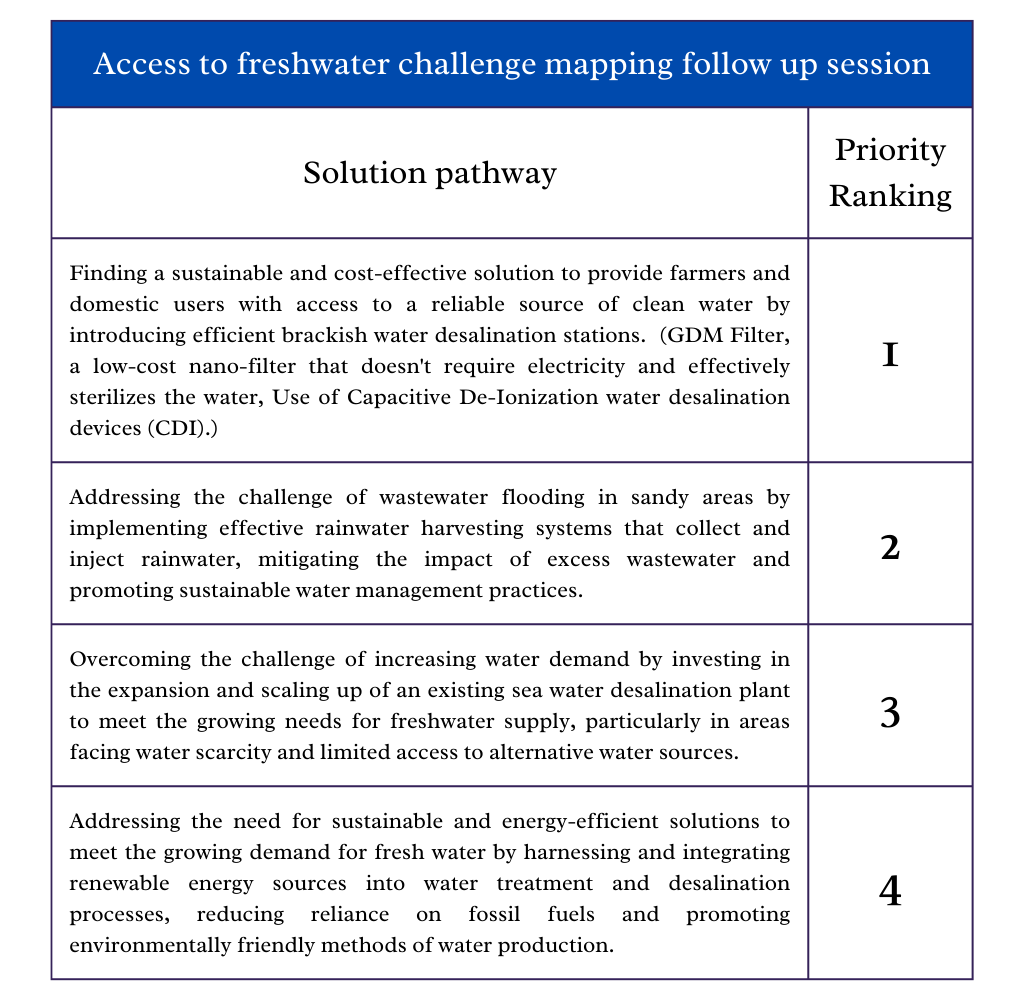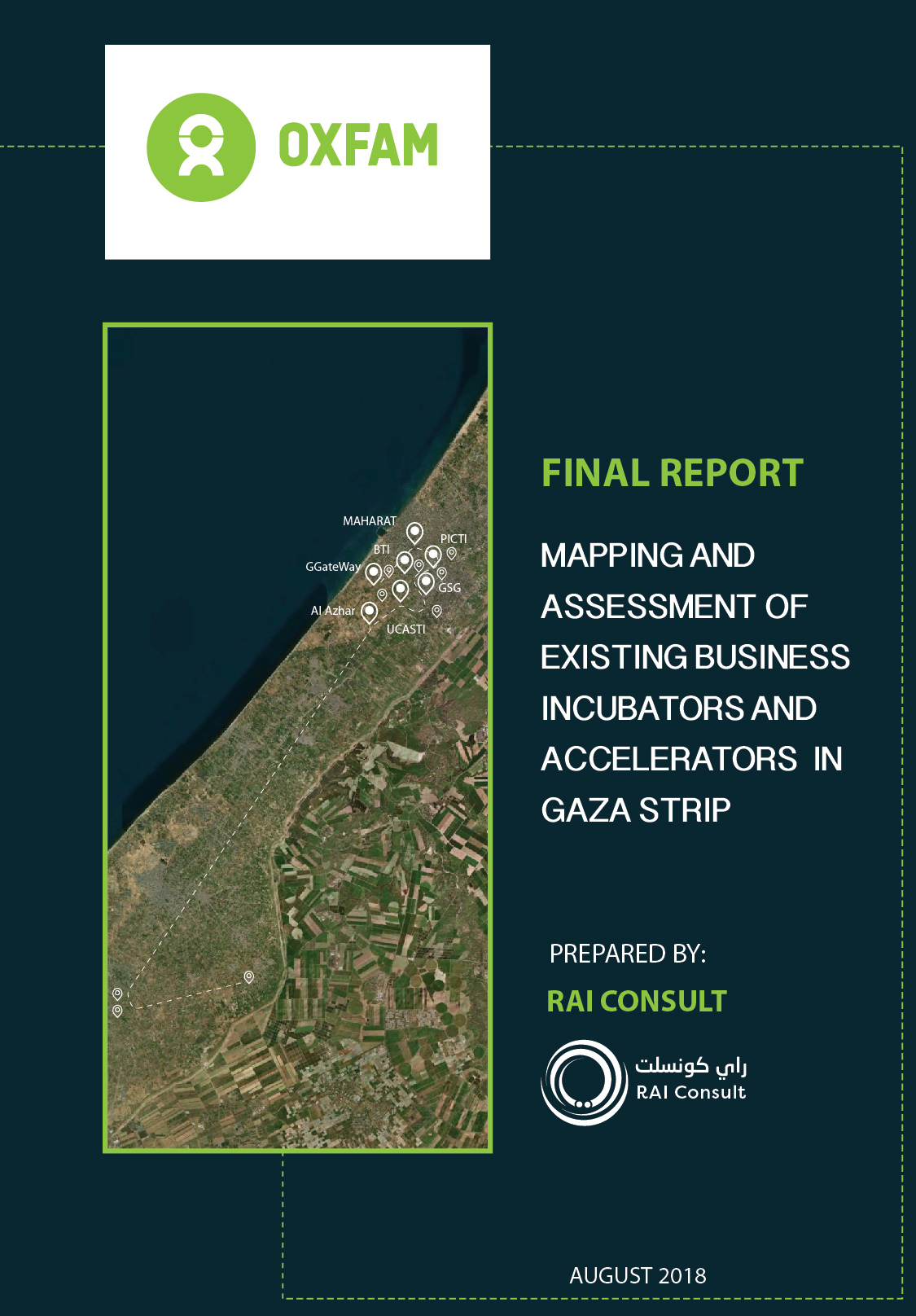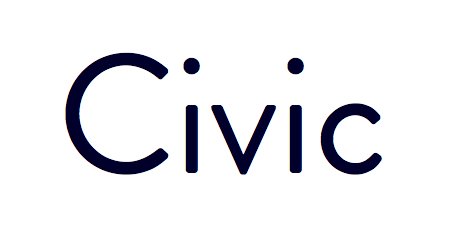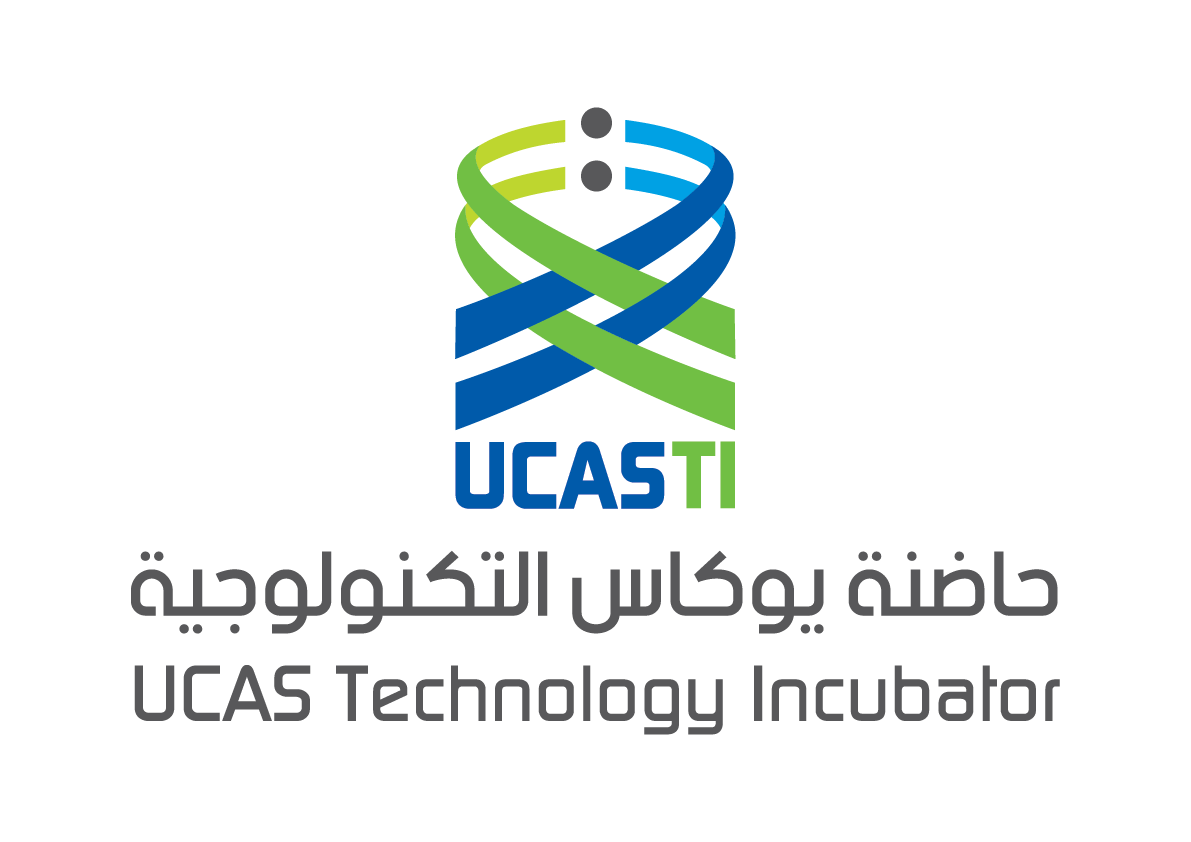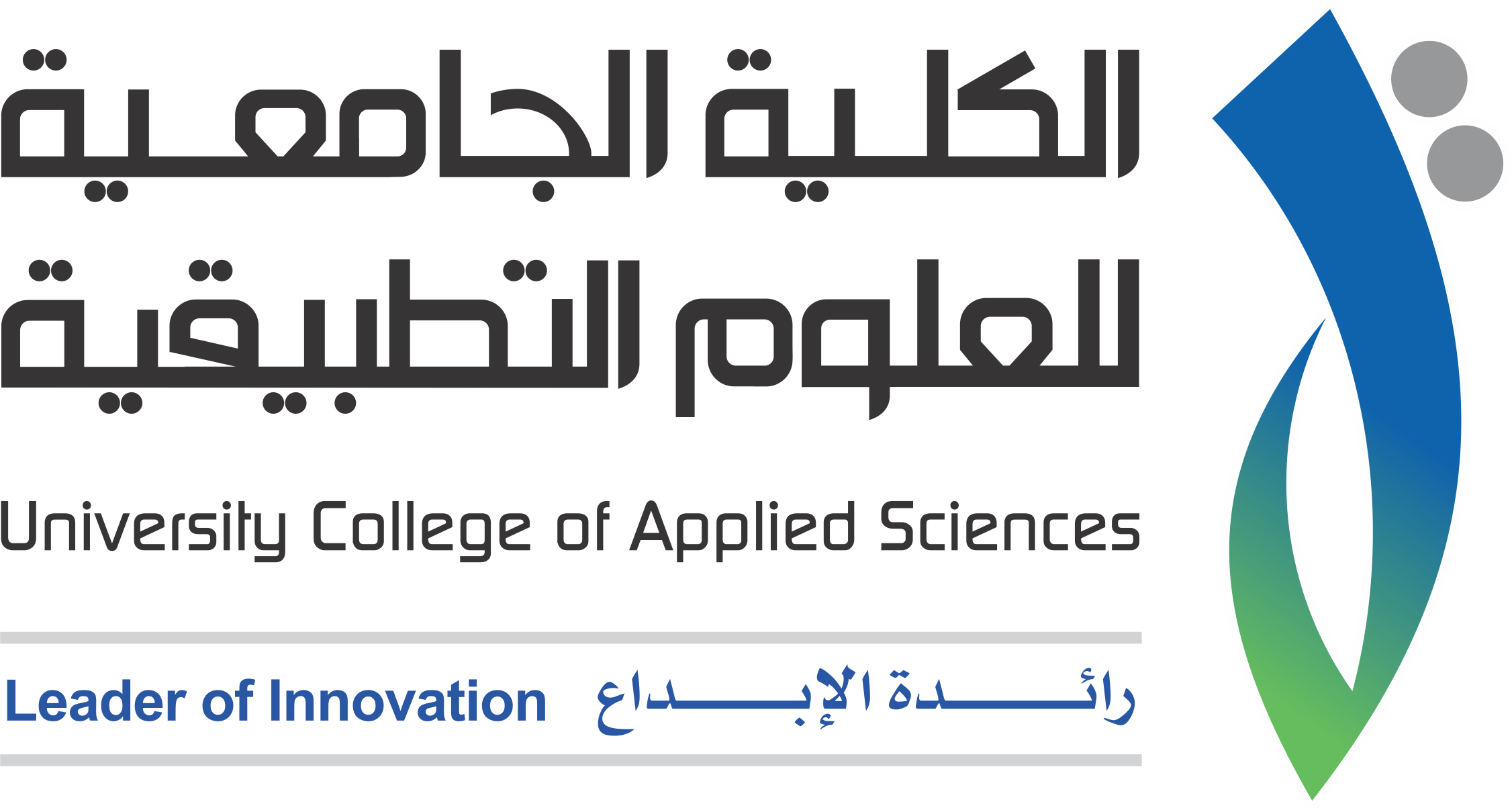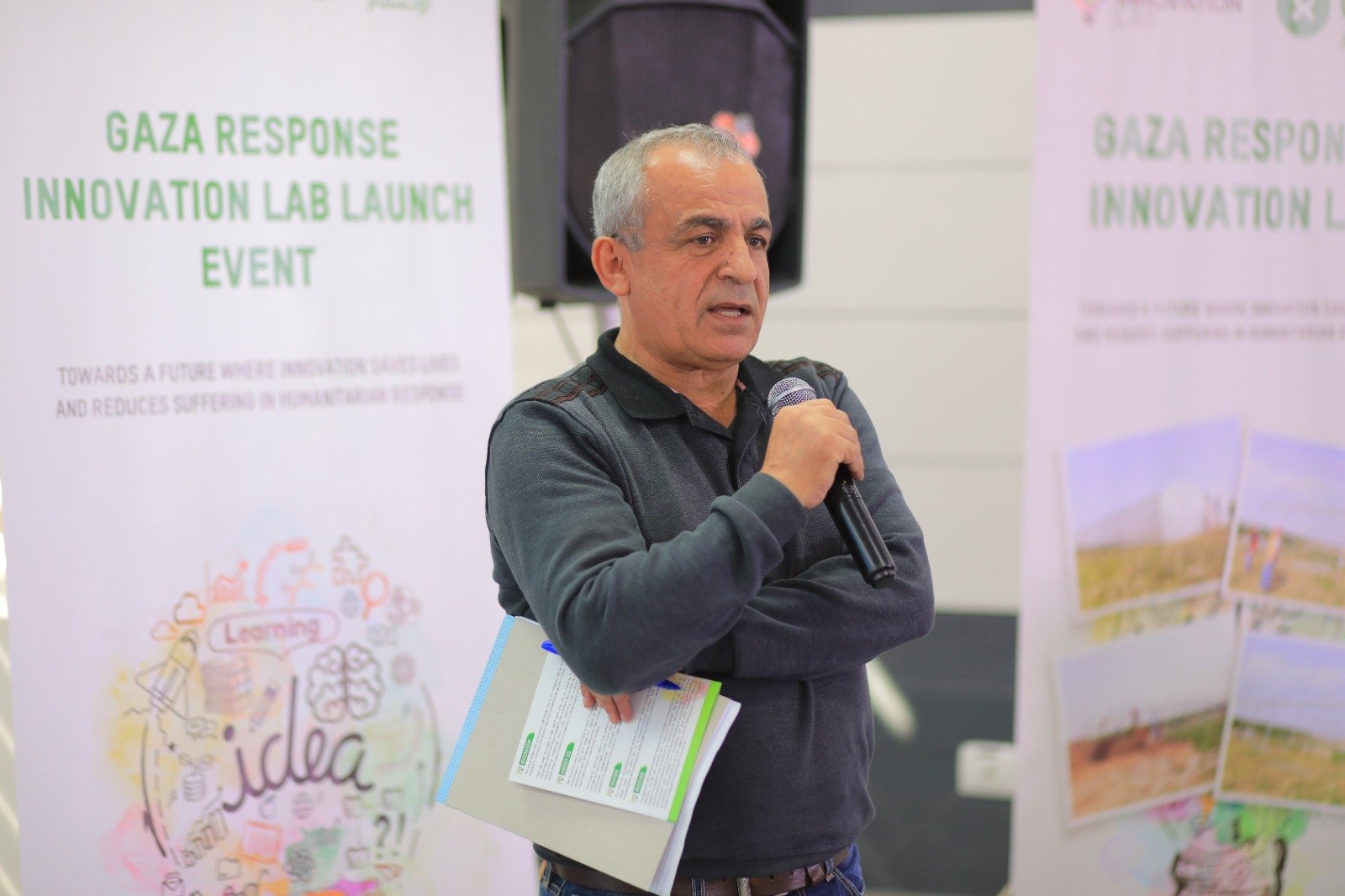OVERVIEW | ABOUT US | CHALLENGES | WHAT WE DO | INNOVATIONS | ECOSYSTEM MAP | CHALLENGE MAPPING | GAZA RESOURCES | EVIDENCE | PARTNERS |NEWS | CONTACT US
OVERVIEW
Driven by the longstanding Israeli blockade, internal Palestinian division, and recurrent escalations of violence between Israel and Palestinian armed groups, the Gaza Strip is in a state of a chronic humanitarian crisis that could be considered a protracted protection crisis as well. The humanitarian needs of its more than 2 million residents were further exacerbated by the COVID-19 pandemic and the escalation of May 2021, which negatively impacted livelihoods and access to basic humanitarian needs in Gaza. An estimated 1.32 million people in Gaza fall under the line of needing humanitarian assistance (63.0% of Gaza residents).
The Gaza Response Innovation Lab (Gaza RIL) is an initiative led by Oxfam with the aim of tackling the complex challenges that the humanitarian actors in Gaza have been encountering.
The Lab was founded in Feb 2022 with the aim of ensuring innovation is integrated within the local humanitarian contexts. The Lab does this by improving and transforming how response unfolds, from early recovery and resilience building to supporting cross-industry innovations to solving locally-identified pressing challenges.
ABOUT US
Goal
““we need to make sure this input is right,”” Our goal is to substantially improve humanitarian work and meet the needs of affected populations through the development and delivery of effective new products, processes, services and organizational and operational models
The RIL in Gaza will contribute to reducing the suffering of vulnerable people affected by natural and man-made crises and will support their recovery by complementing traditional humanitarian responses with context-appropriate innovative solutions to address humanitarian challenges.
Vision
The Response Innovation Lab envisions a world where innovation helps reduce suffering and save lives in humanitarian contexts. The vision of the RIL is to be a transformative catalyst that improves humanitarian and emergency responses by making innovation commonplace
Mission
There is almost unanimous agreement across the Humanitarian System that change is required. However, an innovation that transforms a system will not ‘just happen.’ It requires conscious and dedicated resources and effort. The RIL will strive to be an impetus and enabler of this change in humanitarian contexts. In essence, the RIL will become the ‘innovation enabler’. We will be there to support innovation and innovators at the last mile. We will do so by creating a Country Lab for innovation in humanitarian situations to provide an enabling environment and catalyst for innovation for and with disaster-affected populations. The lab will be an inter-agency, multi-disciplinary, country-level model to support humanitarian innovation
Our Global Team
Central Support Unit
Country Labs
Board of Directors
Volunteers
Challenges
A range of humanitarian and recovery needs exists in Gaza and have exacerbated problems faced by local communities. Given the recurrent crisis escalation, the Gaza RIL supports response efforts and innovates around challenges in order to improve the lives of the affected communities through the delivery of sufficient relevant responses to the identified needs in a timely manner.
The Gaza RIL planned to conduct a Gaza Challenges mapping during the month of Dec 2022, and meanwhile, what we have found to date in Gaza Strip through consultations with different cluster leads:
CHALLENGE 1
Sustainable Livelihood and Access to Finance. A range of challenges, from employment creation, skills development, connections with private sector opportunities and markets, and financial inclusion.
CHALLENGE 2
Ensuring Sustainable access to safe Water, Sanitation, Hygiene, and Energy Management Solutions. Numerous obstacles exist in achieving affordable, sufficient, and safe drinking and domestic water access, along with the effective administration and upkeep of distant and unstable water sources. Furthermore, climate-conscious, water-efficient agriculture and proper wastewater management face significant difficulties due to blockade, insufficient awareness, and inadequate capabilities of service providers.
CHALLENGE 3
Safe access of women and girls, survivors of and at risk of GBV, to protection services, in light of the fear of social stigma and lack of awareness of their rights.
WHAT WE DO
Support in developing, piloting and scaling-up humanitarian innovations that provide solutions and mitigation measures to overcome Gaza’s context-specific challenges.
Connections between Challenges holders; (implementers of humanitarian responses) with the innovative solutions holders (i.e., private sector, entrepreneurs, experts, research and academic institutions, NGOs, UN agencies and donors) are created.
Inclusive, collaborative, and effective coordination, knowledge exchange, and learning among relevant stakeholders and actors are established and in place.
The Gaza Response Innovation Lab is a one-stop shop for innovators and entrepreneurs with products and services for a response to humanitarian needs.
INNOVATIONS
As a part of the Response Innovation Labs support function, both global and local innovators are supported through the labs. Below is a list of innovations the lab is supporting. Please view the Innovation Marketplace to see a comprehensive list of all the labs. (we need to include below in separate boxes the three applications we are completing as part of the PPL innovative initiative; the think tank, protection App, and agriculture platform).
Ecosystem Mapping
Gaza RIL will officially launch in 2022; meanwhile, check out our Innovation Ecosystem Map!
In the development of the Gaza Innovation Ecosystem, we have pulled the information of the potential stakeholders from public sources, including previous maps, then direct communication established with the most relevant partners; including challenges holders; mainly different clusters lead, ministries, NGOs, INGOs, and manufacturers.
We use different tools function to support the understanding, identifying, and mapping of local actors in the humanitarian setting.
Based on the ecosystem mapping, the RIL has developed an interactive ecosystem map that could help partners in the country to navigate the humanitarian innovation ecosystem and find potential partners. It is not comprehensive of the whole innovation ecosystem as it focuses on humanitarian and social-impact innovation stakeholders/supporters.
The Convene events (Challenge Mapping)
Gaza Challenge Mapping Event
Stakeholders come together to tackle water challenges in Gaza. Participants from NGOs, UN agencies, academia, and the private sector engage in a productive discussion during the challenge mapping event, exchanging ideas and proposing innovative solutions.
The Convene events serve the purpose of identifying quality problem statements within the humanitarian sector. These events are designed to provide time and space for exploring the various challenges faced by humanitarian actors and gathering inputs from a diverse range of participants. By mapping out these challenges, the goal is to ensure that investment in innovation is driven by the identified challenges, guaranteeing the scalability, sustainability and relevance of the adopted solutions.
In February 2023, the first challenge mapping event took place in Gaza, bringing together organizations and partners working on WASH (Water, Sanitation, and Hygiene) and Food Security in the Gaza Strip. The focus of the workshop was to address water challenges in the area, specifically access to fresh water for household use and agricultural irrigation, among other industries. Through a human-centered design approach, the workshop facilitated various exercises aimed at mapping out the challenges.
The workshop proved to be highly valuable, with participants from diverse organizations contributing their suggestions and insights based on their solid background and extensive experience in the field. As a result, several pathways for potential innovative solutions were identified. The workshop also proposed next steps for advancing these innovations, including involving universities in the process, creating a live document for feedback and suggestions, sharing ideas from other labs globally, and coordinating with the local government to align with national strategies and objectives.
Following the challenge mapping event, a follow-up session was conducted, focusing on the "Access to Freshwater Challenge." The session brought together a group of 22 challenge holders representing various entities in the Gaza Strip, including the United Nations, international and non-governmental organizations, academia, freelance consultants, and the private sector. The session was facilitated by teams from Oxfam working in WASH and Food Security.
During the follow-up session, participants evaluated the proposed innovation pathway introduced during the challenge mapping exercise. A prioritization exercise was also conducted, resulting in the identification of the top four priority areas based on rankings assigned by the participants. Notably, the session included a presentation of innovative solutions received by the GRIL platform, which could potentially address the freshwater challenge.
One significant outcome of the meeting was the proposal for an initiative to plan and implement a prize competition focused on providing solutions related to the identified priority areas. This initiative was commended by the participants as an important step towards encouraging innovative solutions for tackling the freshwater challenge. The session demonstrated productive and collaborative engagement from diverse stakeholders, showcasing their enthusiasm for exploring innovative approaches.
At the end of the session, the participants presented the priority areas of the feasible solution pathway. These areas were recognized as key focus areas for the GRIL and will be shared with the broader innovation ecosystem to promote collaboration and knowledge-sharing. The outcomes and recommendations from this session will guide future efforts in addressing the access to freshwater challenge in the Gaza Strip..
Do You Have An Innovative Solution
〰️
Do You Have An Innovative Solution 〰️
Are you an innovator with groundbreaking solutions to address the challenges mentioned above? If you have an innovation that tackles the scarcity of fresh water resources, implements efficient brackish water desalination stations, enables rainwater harvesting, or leverages renewable energy for water provision, we invite you to submit your innovation to us now.
We are actively seeking forward-thinking individuals and organizations who can contribute to sustainable water management practices. Join us in making a positive impact on freshwater availability and access in GAZA.
Together, we can drive transformative change and create a more water-secure future.
Submit your innovation today and be part of the solution!
GAZA RESOURCES
EXECUTIVE SUMMARY
Globally, there has been a growing interest in finding approaches that can support, accelerate, and sustain the development of agricultural innovation systems and promote the growth of agribusiness enterprises. Consequently, Oxfam and its partners are sponsoring this study to select one of the existing business incubators and accelerators that can build a partnership with a view of supporting the agriculture start-ups in the Gaza strip and developing the capacity plan of the recommended incubator that has the highest potential.
The mapping of incubators in the Gaza Strip shows that there are about 12 active incubators, accelerators and other related institutions. They were shortlisted for six incubators in addition to Al Azhar University (Faculty of Agriculture and Environment), which was targeted in the assessment phase. The mapping, as well as the shortlisting, were prepared according to the specific preliminary criteria with deep consultation from the Oxfam team.
EVIDENCE
The Response Innovation Lab uses a system called System for Lab Information Management and Evidence (SLIME) to conduct humanitarian innovation data and analytics from across the labs. You can see this live data highlighting the response ecosystem and innovations on the following dashboard:

